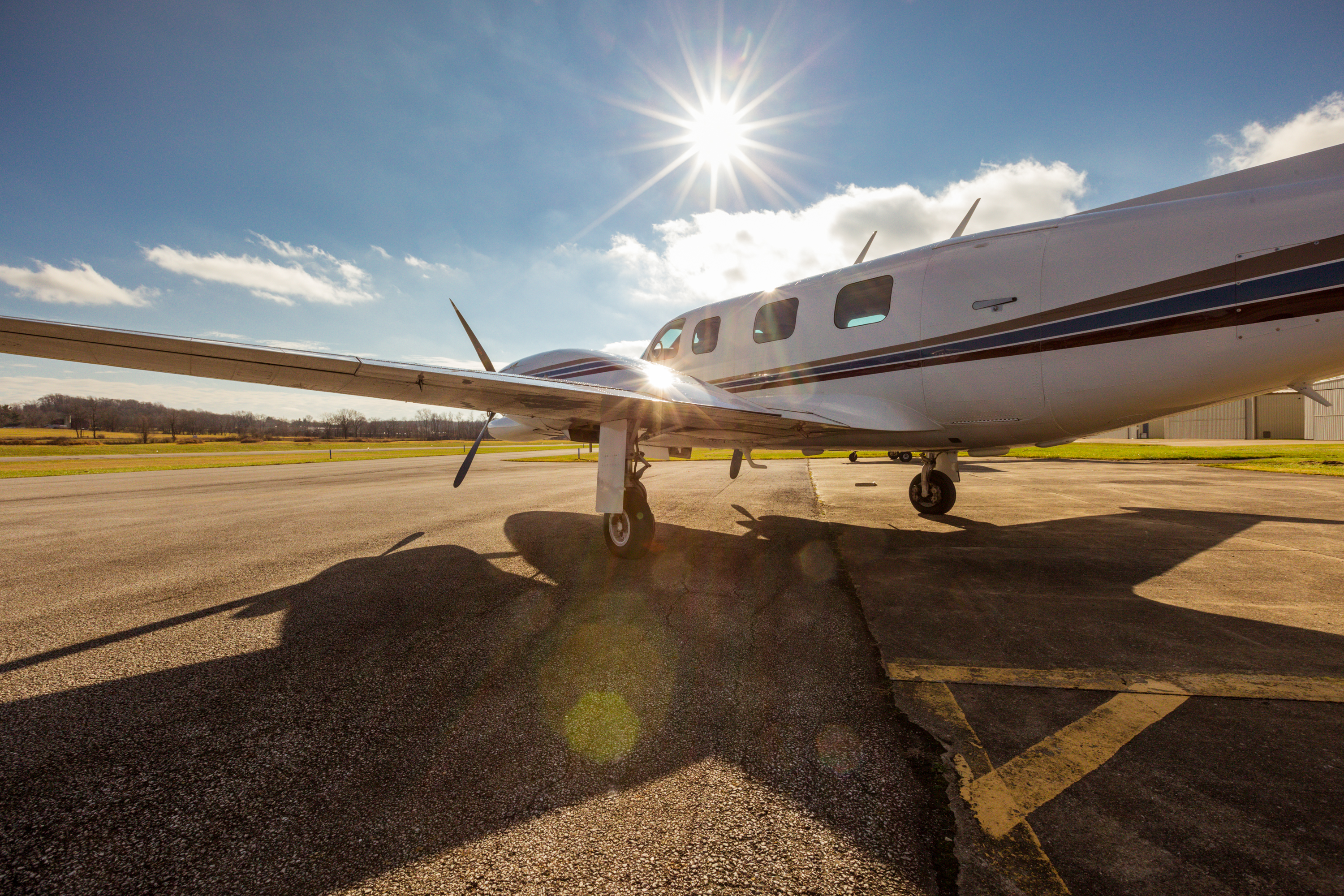
March 14, 2016

Canada has introduced a new requirement, an Electronic Travel Authorization (eTA), for visa-exempt foreign nationals traveling to Canada by air. Eligible air travelers could have begun applying online this past August, but the new requirement becomes mandatory on March 15. Beginning that day, travelers subject to the new regulation will need to have an eTA before they can board any flight to Canada.
Lawful permanent residents of the U.S. who are not U.S. citizens and who do not have a passport will need an electronic travel authorization to enter Canada.
U.S. citizens are not required to obtain an eTA to fly to Canada, but they must carry valid passports. Citizens of other countries who have a valid visa also do not need an eTA. However, lawful permanent residents of the U.S. who are not U.S. citizens and who do not have a passport will need an eTA. Those individuals can apply using other specified means of identification.
A two-minute video on the Canadian Customs web site details the eTA application process, which is designed to be quick and easy to complete. Applicants will need to have a valid passport, a credit card (Visa, Mastercard or American Express), an e-mail address and access to the Internet.
A FEW SIMPLE QUESTIONS
Applicants will be asked to enter basic personal information, including name, passport number and e-mail address, and then answer a few simple questions before submitting their application. In most cases, Canadian officials say “the eTA will be granted within minutes of applying.” The application fee is $7 (Canadian).
Once approved, an eTA is valid for five years, or until the applicant’s passport expires, whichever comes first. Rudy Toering, president and CEO of the Canadian Business Aviation Association, said he expects the new eTA requirement to have a “limited impact” on aircraft operators in Canada and the United States. “Operators flying into Canada will need to be aware that any passengers who are not U.S. or Canadian citizens will need either a visa or an eTA.”
Learn more at www.cic.gc.ca/english/visit/eta.asp.
This article originally appeared in the January/Febuary 2016 issue of Business Aviation Insider.


 International Business Aviation Council Ltd.
International Business Aviation Council Ltd.